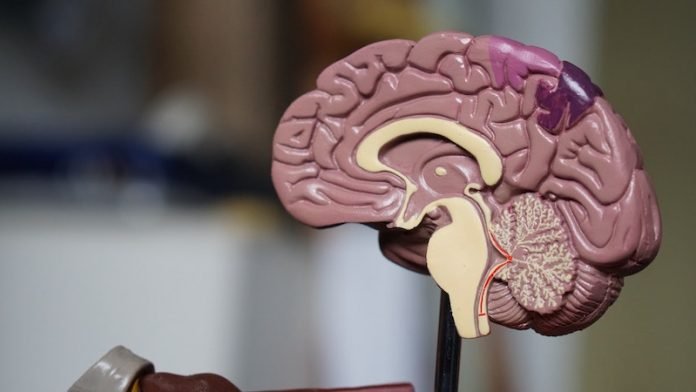
Glioblastoma is one of the most deadly cancers. Unfortunately, there is no effective treatment option for the disease.
The current standard option, radiation plus temozolomide, which displayed a 2.5-month better survival rate, was hailed as a great success.
Clearly, better understanding and new therapeutic targets are urgently needed.
A recent study at the University of Virginia found an oncogene (a cancer-causing gene) responsible for glioblastoma, the deadliest brain tumor.
The discovery offers a promising new treatment target for cancer that is always fatal.
The researchers say the oncogene is essential to the survival of the cancer cells. Without it, the cancer cells die.
Scientists have already developed many targeted therapies for other cancers with a similar ‘oncogene addiction.’
The study is published in Nature Communications. One author is researcher Hui Li, Ph.D.
The novel oncogene the team discovered promises to be an Achilles’ heel of glioblastoma, with its specific targeting potentially an effective approach for the treatment of the disease.
Oncogenes are naturally occurring genes that spiral out of control and cause cancer.
The oncogene identified in the study, AVIL, normally helps cells maintain their size and shape.
But the gene can be shifted into overdrive by a variety of factors, the researchers found. This causes cancer cells to form and spread.
Blocking the gene’s activity completed destroyed glioblastoma cells in lab mice but had no effect on healthy cells. This suggests targeting the gene could be an effective treatment option.
The team says AVIL is overexpressed in 100% of glioblastoma cells and clinical samples and is expressed at even higher level in so-called glioblastoma stem cells but hardly expressed in normal cells and tissues.
Silencing the gene wiped out glioblastoma cells in culture and prevented animal xenografts, while having no effect on normal control cells.
Clinically, high AVIL expression correlates with worse patient outcomes. These findings and classic transformation assays proved AVIL being a bona fide oncogene.
The team believes their approach can be used to discover other oncogenes—hopefully leading to new treatments for a variety of cancers.
Copyright © 2020 Knowridge Science Report. All rights reserved.



